Nepal could reap Swiss tourism harvest
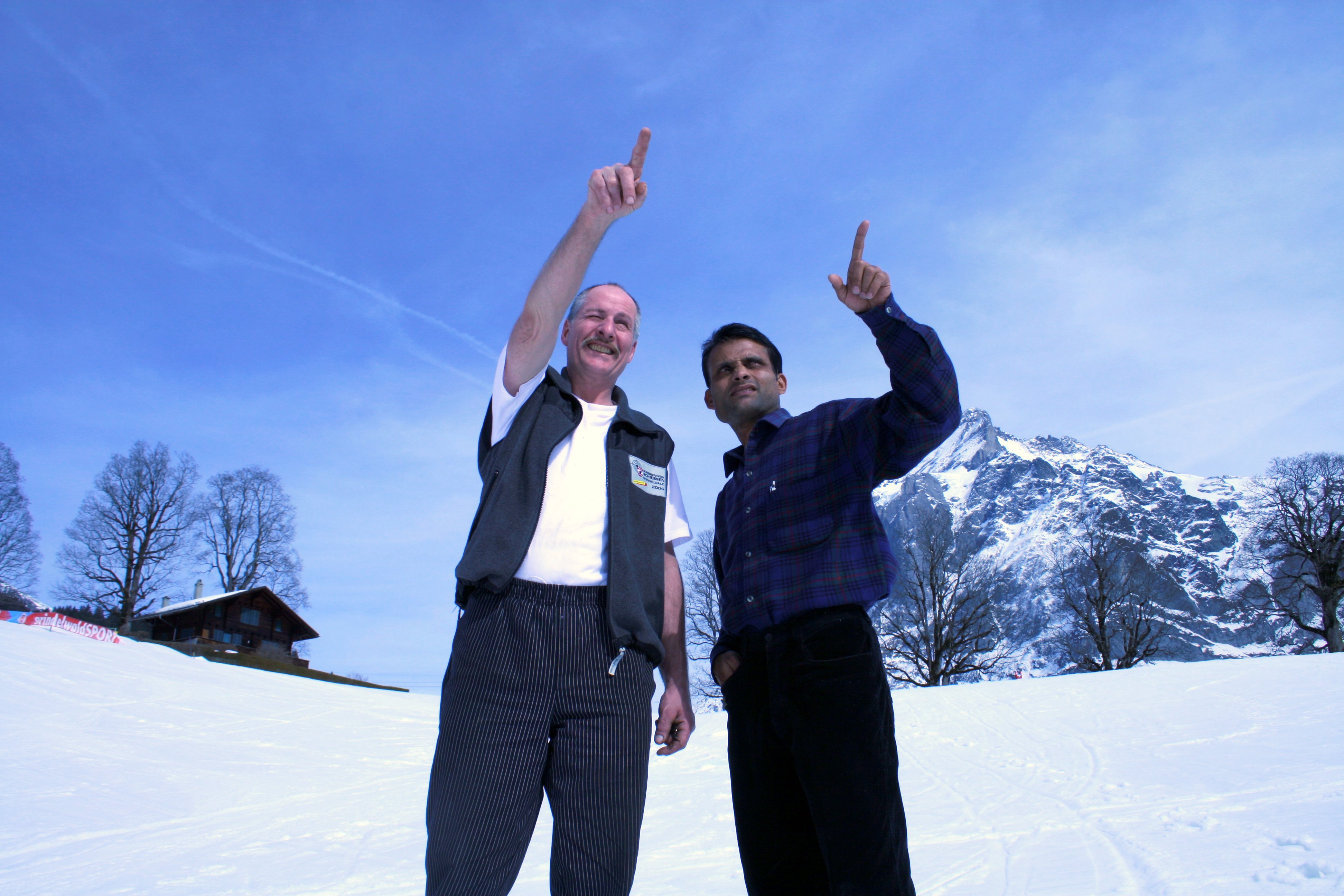
With glistening mountain peaks as a backdrop, a Nepalese researcher quizzes a mountain farmer about how he benefits from tourism.
The farmer tells him about the cheese he makes from the milk of his 16 cows, and how he sells it to tourists who come to his small restaurant.
Pranil Upadhayaya, a PhD student from Kathmandu University, has interviewed farmers before, but this is the first time he’s had the chance to learn from the experiences of a Swiss.
The setting is the Swiss mountain resort of Grindelwald. The Eiger – not Everest – looms above the village.
Upadhayaya is in Switzerland to learn about sustainable tourism practices and to share with Swiss academics information about his own work in Nepal.
He is proud of his efforts to promote rural tourism in a western area of the country that has been left off the tourist map. Having received financial support from a Swiss government-funded programme, NCCR North-South, he was the driving force behind the recent creation of the Machhapuchhre Model Trek.
With sustainability as the buzzword, fixed campsites have been set up along the hiking route to keep the impact on the natural environment to a minimum, and local women have been trained to run “homestays” – the Nepalese version of bed and breakfast businesses.
This is one reason Upadhayaya, whose Swiss visit is sponsored by NCCR North-South, is so keen to learn from farmer Sämi Brawand.
Farmers’ influence
Although tourism is big business in Grindelwald – visitors spend close to 2 million nights in the village each year and provide the village with 90 per cent of its income – locals, including people like Brawand, have maintained a large say in development.
Whereas in some big Swiss mountain resorts, the number of people still active in agriculture can be counted on one hand, Grindelwald boasts about 150 farms.
Complex land use laws dating back centuries require that part of the income generated by tourism in the alpine resort is reinvested in agriculture, and farming cooperatives also collect dues from hotels and ski lift companies that use their property. In return, the tourist industry benefits from the farmers’ efforts to preserve the picturesque, pastoral landscape.
“It’s really interesting that farming is complementing tourism, and tourism is complementing farming,” Upadhayaya says.
He also thinks subsidies granted to support farming practices such as maintaining pastures sustainably and managing forests is “exemplary” and something Nepal – a country where deforestation remains a huge problem – could learn from.
Income
Brawand tells the Nepalese researcher that he could not live only from tourism, which accounts for roughly half of his income. But his restaurant sales and share of tourism revenues are becoming more important in the face of decreasing farm earnings due, at the moment, to lower milk prices.
The community project Upadhayaya has set up in Nepal could similarly supplement the meagre incomes of the 16,000 mostly subsistence farmers who live in the trekking area.
And to ensure sustainability, stakeholders have committed themselves to following a code of conduct, which includes guidelines on planning, socio-economic and environmental aspects as well as safety and security issues.
During his visit to Grindelwald, Upadhayaya also experienced first-hand how important the Swiss rail service is in bringing a substantial share of the tourists to the mountain resort – with the additional benefit that it keeps road traffic to manageable levels.
Road and rockslides
In western Nepal, the main tourist attraction, the Annapurna Circuit trek, is being threatened by a road being built alongside it. Although it is being seen as a lifeline for locals in the inaccessible region, “once the road is built, tourists won’t be going there,” Upadhayaya says.
What the villagers along the Annapurna route could lose, those living in the area of the new Machhapuchhre Model Trek are set to gain.
“There has been a need to develop new trekking routes to divert flow of big number of tourists coming to the Annapurna Circuit trek.”
Upadhayaya is hoping to spend more time in Grindelwald to learn how the village is dealing with the threat of a flood from a natural dam above the resort created by a series of rockslides.
But the prized souvenir he took with him from his first visit to Grindelwald had nothing to do with flood control measures.
It was a calendar listing the days of the month when locals are permitted to put out their rubbish and recyclable waste for collection.
Dale Bechtel in Grindelwald, swissinfo.ch
Pranil Upadhayay applied for and received funding from NCCR North-South to create infrastructure for organised trekking in the Kaski district in western Nepal.
Fixed campsites were set up and locals were provided with education in “village-based home stay tourism”.
A Code of Conduct was also published to ensure sustainable practices and environmental responsibility.
The National Centre of Competence in Research (NCCR) North-South is one of 20 long-term research programmes implemented by the Swiss National Science Foundation (SNSF).
NCCR North-South focuses on international research cooperation with the aim of contributing to an improved understanding of the status of different syndromes of global change, of the pressures these syndromes and their causes exert on different resources (human, natural, economic), and of the responses of different social groups and society as a whole.
The NCCR North-South enables Swiss research institutions to enhance partnerships with institutions in developing and transition countries.

In compliance with the JTI standards
More: SWI swissinfo.ch certified by the Journalism Trust Initiative

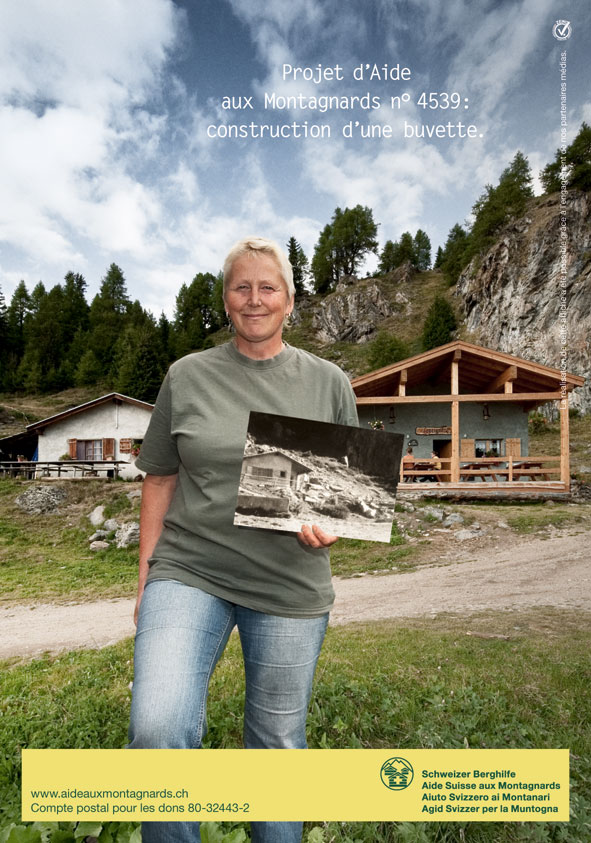
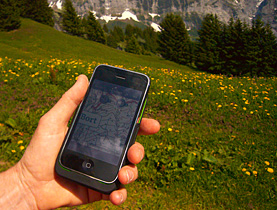
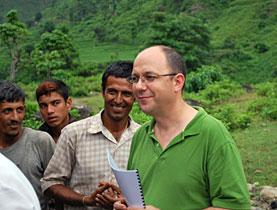
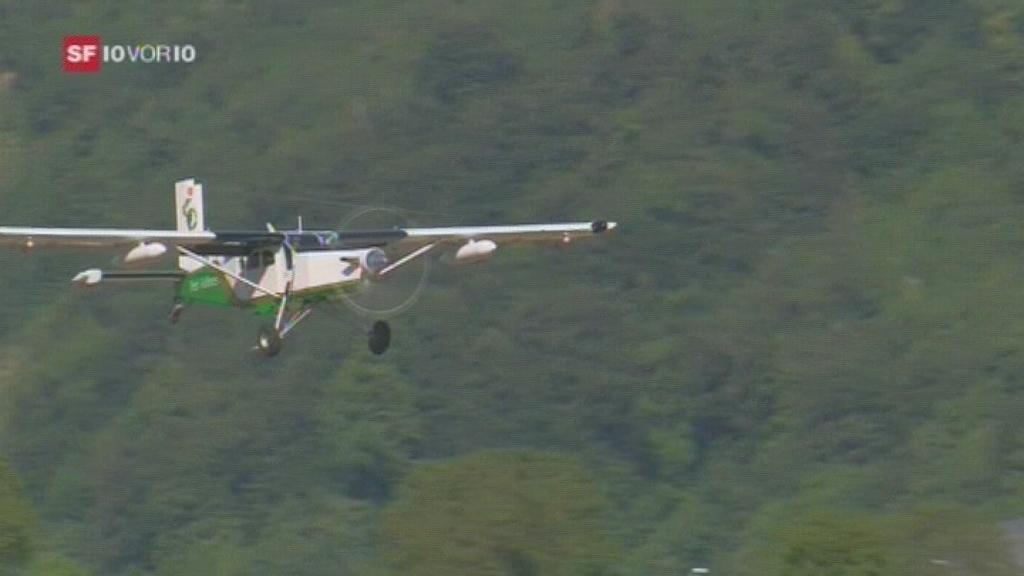
You can find an overview of ongoing debates with our journalists here. Please join us!
If you want to start a conversation about a topic raised in this article or want to report factual errors, email us at english@swissinfo.ch.